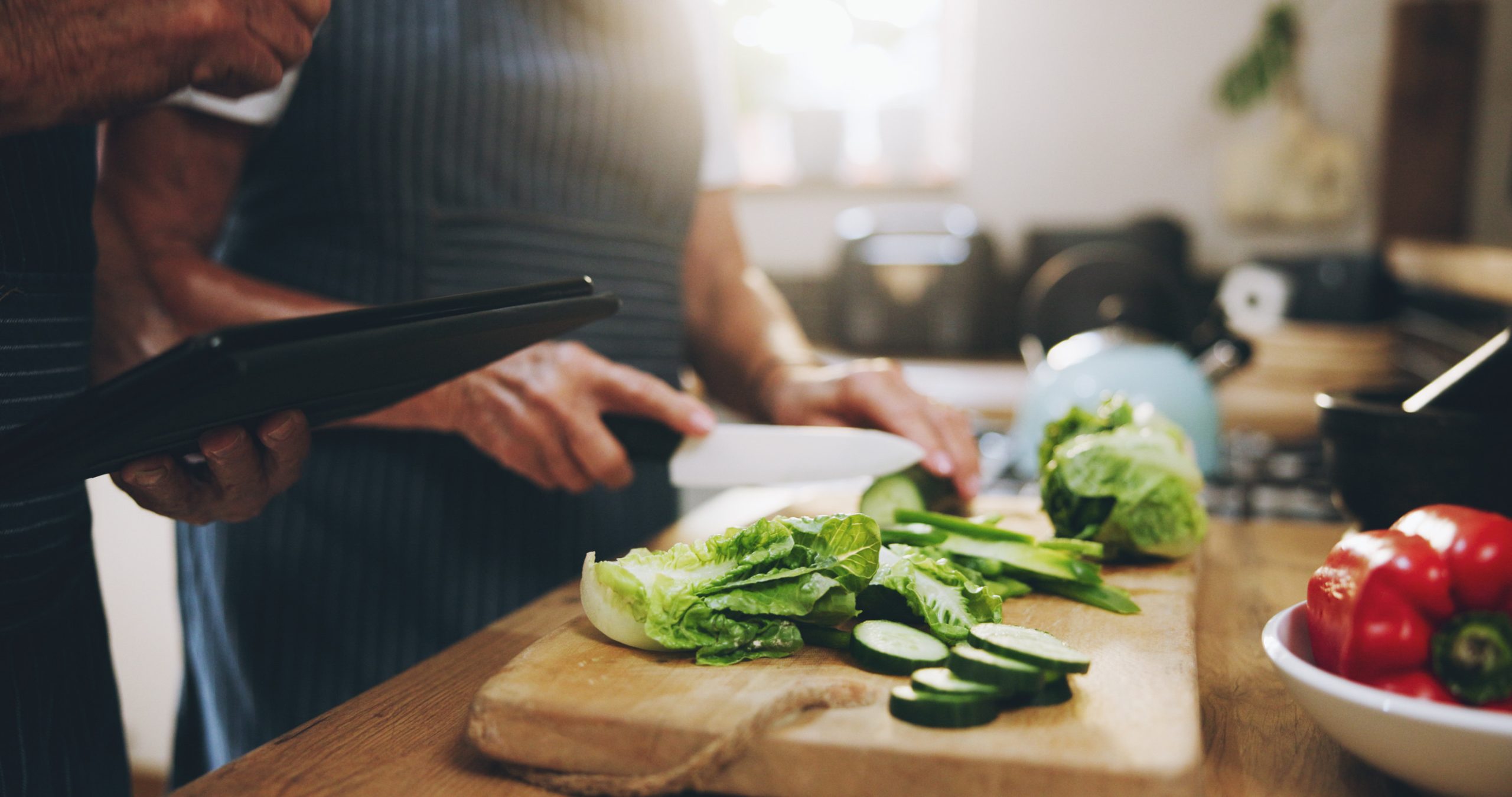Cooking dinner isn’t just about feeding the family—it’s about showing up, being present, and sharing the work of daily life. In many homes, the responsibility of cooking falls on one person by default, often out of habit or outdated expectations. But a modern household thrives when everyone takes part, especially in the kitchen.
Cooking should no longer be considered a one-person job but a shared experience that brings balance, connection, and appreciation.
It Promotes Fairness and Reduces Resentment
When the same person cooks every night, it can start to feel less like a contribution and more like a chore. Sharing the cooking duty ensures that no one adult is constantly stuck planning, prepping, and cleaning up while others relax. It levels the emotional playing field and prevents frustration from quietly building over time.
Everyone deserves a break, and rotating kitchen duties gives each adult in the house a chance to both contribute and recharge. Fairness in household labor leads to stronger, more respectful relationships, plain and simple.
It Builds a Sense of Teamwork and Unity
There’s something deeply bonding about collaborating on a meal, even if it’s just for a typical Tuesday night. When adults in a household share the responsibility of cooking, they’re not just feeding each other—they’re working together toward a shared goal. That teamwork spills over into other areas of the relationship or family dynamic, building mutual trust and appreciation. Even on nights when it’s not your turn to cook, just being part of the rotation creates a shared rhythm that brings people closer. A home where responsibilities are shared tends to feel more united, cooperative, and considerate.
Everyone Gets a Say in What’s on the Table
When one person is always in charge of dinner, meals can become a reflection of that person’s tastes, routines, and habits. But when every adult gets involved, the menu opens up to new ideas, cultural traditions, and creative combinations. It’s refreshing to try different flavors or cooking styles, and even more rewarding when someone surprises you with a dish you never would’ve thought to make yourself.
Everyone deserves to see their preferences represented in the food that’s served. Rotating kitchen duties gives each adult the chance to influence what’s on the table and share their personal touch.
It Teaches Life Skills and Increases Self-Reliance
Cooking is one of the most fundamental life skills a person can develop, no matter their age or lifestyle. Sharing the responsibility gives every adult in the household a chance to sharpen their skills, from learning to properly season a dish to mastering time management during meal prep. It’s easy to lean on one person’s expertise, but true self-reliance grows when everyone has experience behind the stove.
Even if someone isn’t a confident cook at first, consistent practice builds capability—and confidence. Taking turns in the kitchen ensures that no adult remains dependent on someone else for one of life’s most basic needs.
It Can Actually Be Enjoyable—When It’s Not a Daily Obligation
Cooking can feel stressful when it’s your responsibility every night without fail. But when it’s a shared task, it becomes something to look forward to rather than dread. A night in the kitchen might turn into a creative outlet, a moment of calm after a busy day, or even a fun challenge to try something new. When it’s your night to cook, you know it’s your turn to lead—just as others will step up on their nights. Sharing the load helps rekindle the joy that can be found in making a meal, especially when you’re not doing it out of obligation.
It Sets a Positive Example for Younger Generations
If kids or teens live in the household, they’re always watching how the adults around them divide up responsibilities. When they see every adult contributing to the cooking, they learn that domestic duties aren’t tied to gender, age, or outdated roles—they’re shared parts of life. These small, everyday actions shape the values and expectations that young people carry into their own relationships and homes.
A balanced kitchen can become a classroom in equality, cooperation, and responsibility. Whether you realize it or not, sharing the cooking teaches more than just recipes—it teaches life lessons.
It Encourages Healthier Choices and Thoughtful Eating
When everyone takes part in cooking, the conversation around food naturally changes. You’re more likely to think about what goes into each meal, where the ingredients come from, and how they affect your body. Sharing cooking duties opens the door to more conscious meal planning, fresher ingredients, and fewer last-minute takeout decisions. Different people bring different perspectives to nutrition, taste, and balance, which leads to a more well-rounded diet overall. The result? Meals that are not only shared but also more intentional, nourishing, and satisfying.
Cooking Can Be Creative
Cooking doesn’t have to be a burden—it can be a source of creativity, connection, and care. When every adult in the household contributes, it transforms the act of preparing food into something more meaningful than just getting dinner on the table. It becomes a shared language of support, respect, and love. The benefits ripple beyond the kitchen, improving the way the entire household functions and feels. So the next time someone asks, “Who’s cooking tonight?”—let it be a question everyone feels ready to answer.
Got thoughts on sharing the kitchen duties? Drop a comment below and tell us how you and your household approach cooking—it might inspire someone else to start sharing the apron.
Read More
Food Delivery Apps Are Ruining Our Relationship With Cooking
7 Affordable Ingredients That Will Level Up Your Cooking



Leave a Reply